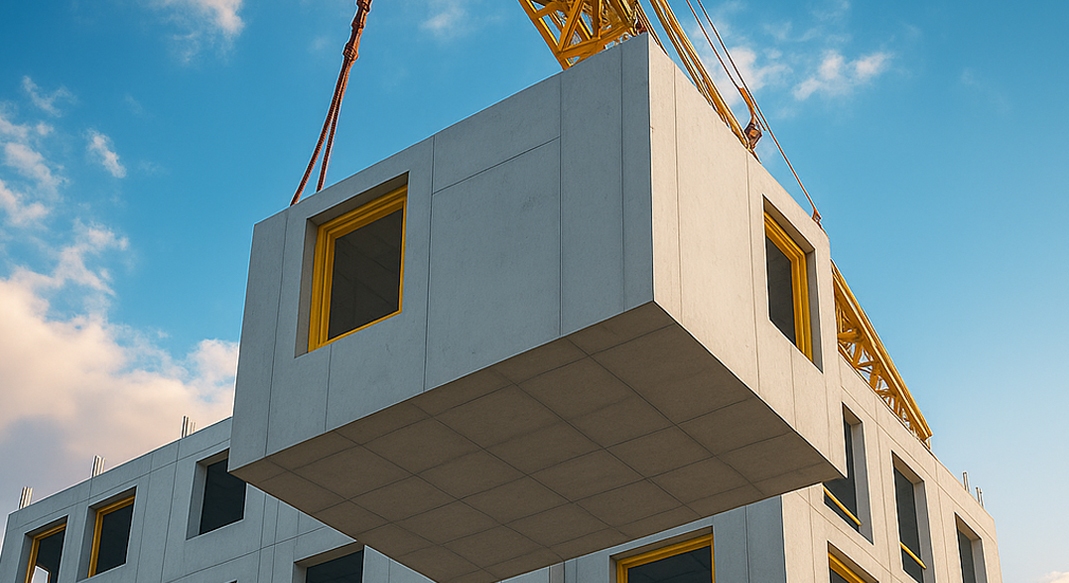Major renovations in multifamily or commercial buildings come with a host of challenges, but perhaps none are more sensitive than the coordination between property owners, contractors, and existing tenants. Whether it’s a tenant improvement (TI) project in a fully occupied apartment complex or a common area overhaul in a retail plaza, poor communication or lack of planning can result in delays, complaints, and even legal trouble.
In this guide, we break down proven strategies to ensure smooth coordination with tenants during renovations, minimizing disruption and maximizing satisfaction.
Why Tenant Coordination Matters
Tenant coordination isn’t just a courtesy—it’s a critical part of your renovation project’s success. Here’s why:
- Reduces disruption complaints and avoids loss of rental income
- Ensures legal compliance with local ordinances and lease agreements
- Improves tenant retention, especially in long-term or high-value leases
- Keeps renovation on schedule by avoiding misunderstandings or denied access
- Protects your reputation as a responsive, tenant-friendly property owner or GC
When properly handled, good coordination can even increase tenant loyalty and lead to higher lease renewals.
Step-by-Step Guide to Coordinating with Tenants During Renovations
1. Assess Project Scope and Impact Early
Before you even notify tenants, conduct a thorough assessment of the project:
- Will the work be confined to common areas or affect tenant units?
- Are utilities (water, electricity, HVAC) being disrupted?
- Will noise, dust, or access limitations occur?
- Is temporary relocation necessary?
Create a detailed renovation scope document and timeline. This clarity will help when it’s time to notify and coordinate with tenants.
2. Review Lease Agreements and Legal Requirements
Don’t begin communication until you’ve checked the following:
- Tenant Improvement (TI) clauses or renovation terms in tenant leases
- Notice requirements for non-emergency access (typically 24–72 hours)
- Right of quiet enjoyment laws that apply in your state
- Local building codes and ADA compliance rules
Consult with your property attorney to avoid legal missteps.
3. Draft a Tenant Communication Plan
The key to avoiding tenant frustration is proactive, consistent, and transparent communication.
Your plan should include:
- Initial notices: Provide 2–4 weeks’ notice of upcoming work
- Project overview flyer: Include timeline, work hours, and impacted areas
- Point of contact: Name, phone number, and email of your project coordinator
- Regular updates: Weekly email or printed bulletins with progress and any changes
Tip: Consider creating a dedicated renovation page on your property website for updates.
4. Schedule Work Around Tenant Routines
Whenever possible, tailor construction schedules to reduce inconvenience:
- Limit loud work to mid-morning or mid-afternoon hours
- Avoid weekends or holidays
- Break large projects into phased zones to keep disruptions localized
For commercial tenants: Coordinate closely to avoid interfering with their business hours or customer access.
5. Provide Temporary Solutions Where Needed
If the renovation affects access, utilities, or key amenities:
- Offer alternative facilities (portable restrooms, water stations, etc.)
- Set up temporary entrances or safe walking paths
- Use signage to clearly direct tenants and visitors
- Provide fans or air purifiers during dusty work
Small gestures go a long way in maintaining goodwill.
6. Use Onsite Supervision and a Tenant Liaison
Designate a specific person or team to handle tenant concerns in real time. This could be:
- A site supervisor
- A property manager with renovation authority
- A third-party tenant coordination specialist
Their job? To answer questions, resolve issues, and keep both tenants and contractors aligned.
7. Offer Incentives for Flexibility
If you’re asking tenants for unusual cooperation (e.g., schedule changes, temporary moves), offer something in return:
- Small rent discounts
- Gift cards
- Early lease renewal perks
- Free professional cleaning after construction
These are often cheaper than delays caused by resistance or complaints.
8. Document Everything
Keep a paper trail of:
- Notices sent to tenants
- Complaints and resolutions
- Meeting summaries with contractors or tenant reps
- Photos before and after work
This documentation protects you from liability and helps resolve disputes.
9. Ensure Cleanliness and Safety Daily
Tenant frustration often comes down to mess and safety risks. Make sure:
- Dust and debris are cleared daily
- Walkways are clean and unobstructed
- Safety signs are posted around hazards
- Workers are respectful and follow noise limits
A clean jobsite is a professional jobsite.
10. Get Feedback and Adapt
Ask tenants how it’s going! Use surveys or casual conversations to gather:
- Pain points you can fix mid-project
- Suggestions for future renovations
Wrap up the project by thanking tenants for their patience and highlighting the improvements made.
Special Considerations: Tenant Improvement (TI) Renovations in Multifamily Properties
When renovating residential properties with tenants in place:
- Stagger unit renovations to keep tenants on-site
- Provide temporary housing if full access is lost for more than a few days
- Upgrade shared amenities like gyms or laundry to boost morale
For Urban Complex GC, LLC, these situations are common, and a well-phased, respectful approach wins long-term tenant trust.
Conclusion
Tenant coordination during major renovations is a strategic advantage, not just a project necessity. At Urban Complex GC LLC, we understand that good communication, respectful planning, and strong execution lead to better results for both owners and tenants.
Looking for help with your next renovation? Explore our specialized services:
By following these steps, you can:
- Avoid costly delays
- Maintain positive tenant relationships
- Protect your long-term asset value
By following these steps, you can:
- Avoid costly delays
- Maintain positive tenant relationships
- Protect your long-term asset value
Need help coordinating your next multifamily or commercial renovation? Contact Urban Complex GC, LLC for expert guidance.





